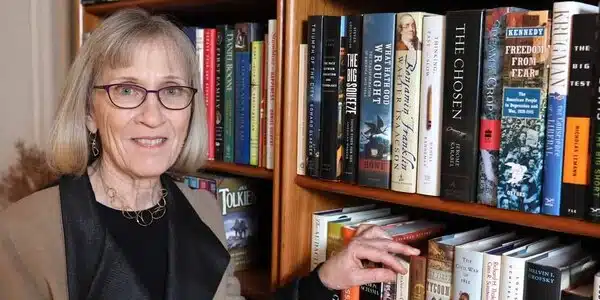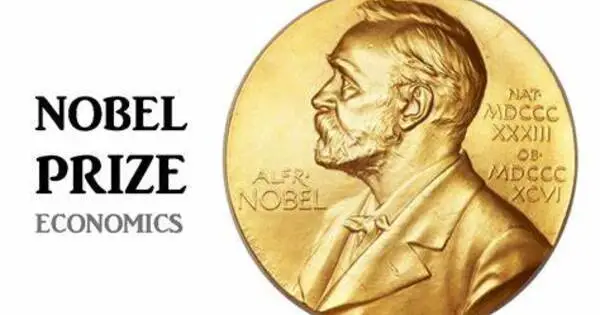Claudia Goldin of Harvard University has been awarded the 2023 Nobel Prize in Economics for her work on women in the job market. She investigates the shifting roles of working women across time, as well as the causes of the continuing wage disparity between men and women.
The prize, formally known as the Sveriges Riksbank Prize in Economic Sciences in Memory of Alfred Nobel, is worth 11 million kronor, or roughly $1 million. Goldin is the prize’s third female recipient.
“Claudia Goldin’s discoveries have enormous societal implications,” Nobel committee member Randi Hjalmarsson stated. “She has shown us that the nature of this problem or the source of these underlying gender gaps changes throughout history and with the course of development.”
Claudia Goldin’s discoveries have enormous societal implications. She has shown us that the nature of this problem or the source of these underlying gender gaps changes throughout history and with the course of development.
Randi Hjalmarsson
According to Goldin’s research, women’s roles in the labor market have waxed and waned in response to social standards and women’s own perceptions of their possibilities in the office and at home. Some of these ideas are formed early in life and are difficult to modify.
“She can explain why the gender gap suddenly started to close in the 1980s and the surprising role of the birth control pill and changing expectation,” Hjalmarsson said. “And she can explain why the earnings gap has stopped closing today and the role of parenthood.”
Tracing the history of women in the workplace was easier said than done. The Nobel committee said Goldin often had to contend with spotty records.

Gender pay gap remains
Women currently hold nearly half of all employment in the United States, yet they often earn less. They briefly outnumbered men on payrolls in late 2019 and early 2020, but women left the labor in considerable numbers early in the pandemic and have only just recovered.
In a 2021 interview with NPR, Goldin proposed a strategy for closing the gender pay gap: increased government financing for child care and more jobs that allow people to share chores rather than what she called “greedy jobs.”
“The solution isn’t a simple one, but part of it is reducing the value of these ‘greedy jobs,’ getting jobs in which individuals are very good substitutes for each other and can trade off,” she went on to say. “And I know there will be those who tell me this is impossible.” However, it is done in obstetrics. It is performed in anesthesiology. It is used in pediatrics. It is practiced in veterinary medicine. It is done in a variety of banking decisions. And if we can do it in all of that with all of our fantastic IT, we can certainly do it everywhere.”
Some analysts believe that as women outnumber males on college campuses and service-oriented sectors such as health care increase, women’s roles in the workplace will continue to grow.
“Understanding women’s labor roles is important for society,” stated prize committee chair Jakob Svensson. “Thanks to Claudia Goldin’s groundbreaking research, we now know much more about the underlying factors and which barriers may need to be addressed in the future.”














